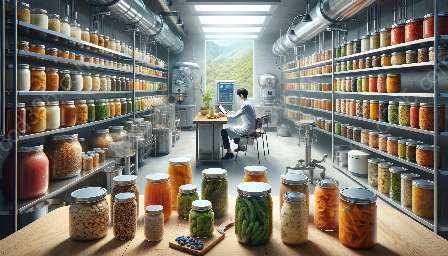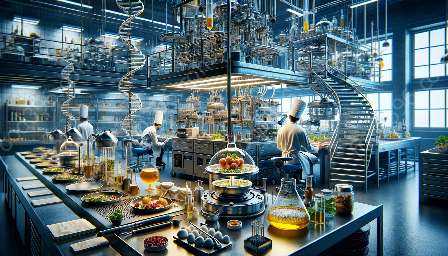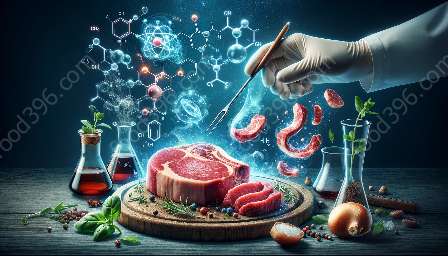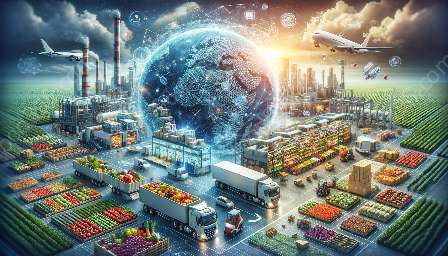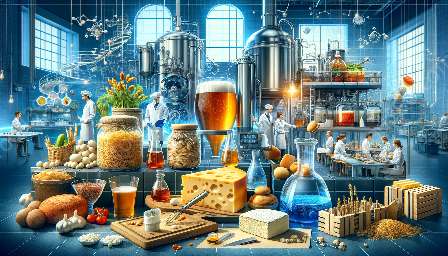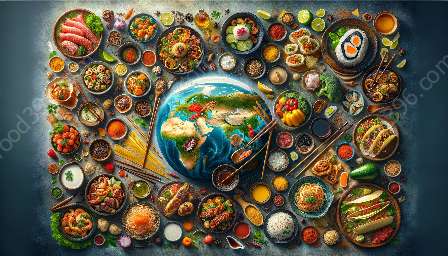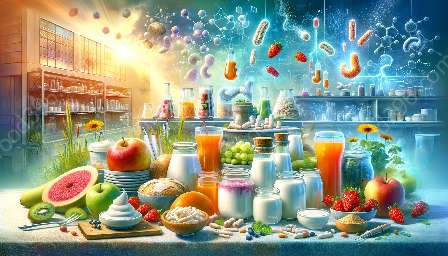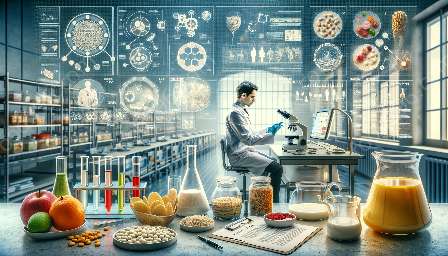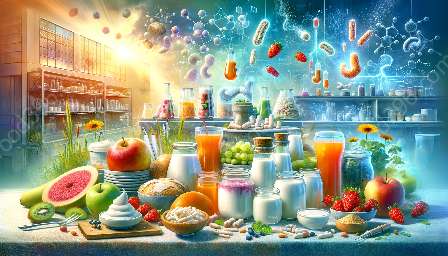Food biotechnology is a dynamic and innovative field that has revolutionized the way we produce, process, and consume food and drink. From improving crop yields to enhancing nutritional content, food biotechnology has far-reaching implications for food security, sustainability, and public health. In this comprehensive guide, we will delve into the key concepts, applications, benefits, and controversies surrounding food biotechnology, and explore its impact on our daily lives and the global food industry.
The Basics of Food Biotechnology
Food biotechnology involves the use of scientific techniques to improve the production, processing, and quality of food and beverages. It encompasses a wide range of technologies and methods, including genetic engineering, microbial fermentation, and food processing innovations.
Genetic engineering, or genetic modification, is a core component of food biotechnology. It involves the manipulation of an organism's genetic material to introduce desirable traits or characteristics. This can lead to the development of crops with increased resistance to pests and diseases, improved nutritional profiles, and enhanced sensory attributes.
Microbial fermentation is another key process in food biotechnology, particularly in the production of fermented foods and beverages such as cheese, yogurt, and beer. Through the controlled use of microorganisms, desirable changes in the texture, flavor, and shelf-life of food products can be achieved.
Applications of Food Biotechnology
The applications of food biotechnology are diverse and multi-faceted, and have wide-ranging implications across the entire food supply chain.
1. Crop Improvement: Genetically modified (GM) crops have been developed to increase yields, enhance nutritional content, and improve resistance to environmental stressors.
2. Food Processing: Biotechnological innovations have led to improved food preservation, texture modification, and flavor enhancement, as well as the development of healthier food products.
3. Functional Foods: Food biotechnology has enabled the creation of functional foods that provide health benefits beyond basic nutrition, such as fortified cereals, probiotic yogurts, and omega-3 enriched eggs.
4. Sustainable Agriculture: Biotechnology plays a critical role in promoting sustainable agricultural practices by reducing the need for chemical inputs, conserving natural resources, and minimizing environmental impact.
Benefits and Impact on Food and Drink
Food biotechnology offers a myriad of potential benefits for both producers and consumers, as well as the environment.
1. Enhanced Food Security: Improved crop yields and resistance to pests and diseases contribute to global food security, particularly in regions prone to food insecurity.
2. Nutritional Enhancement: Biotechnological interventions can enhance the nutritional content of foods, addressing deficiencies and promoting overall public health.
3. Improved Food Safety: Advanced food processing technologies and quality control measures ensure safer and more consistent food products for consumers.
4. Environmental Sustainability: By reducing the need for chemical inputs and promoting sustainable farming practices, food biotechnology contributes to environmental conservation and resource efficiency.
Controversies and Ethical Considerations
Despite its potential benefits, food biotechnology is not without controversy, and there are several ethical considerations that warrant careful examination.
1. Genetically Modified Organisms (GMOs): GMOs have sparked debates regarding their safety, environmental impact, and potential unforeseen consequences.
2. Consumer Acceptance: Public perception and acceptance of biotechnologically modified foods vary, with concerns about consumer choice and information transparency.
3. Intellectual Property Rights: The patenting of biotechnological innovations raises questions about ownership, access to resources, and the impact on small-scale farmers and traditional knowledge systems.
The Future of Food Biotechnology
As food biotechnology continues to evolve, the future holds tremendous promise for addressing global food challenges and unlocking new frontiers in food and drink production.
Emerging trends such as personalized nutrition, lab-grown meat, and precision agriculture are reshaping the food industry, offering innovative solutions to enhance food quality, sustainability, and consumer experience.
By navigating the complex interplay between science, regulation, consumer preferences, and ethical considerations, the future of food biotechnology will undoubtedly shape the way we produce, consume, and think about food and drink for generations to come.






